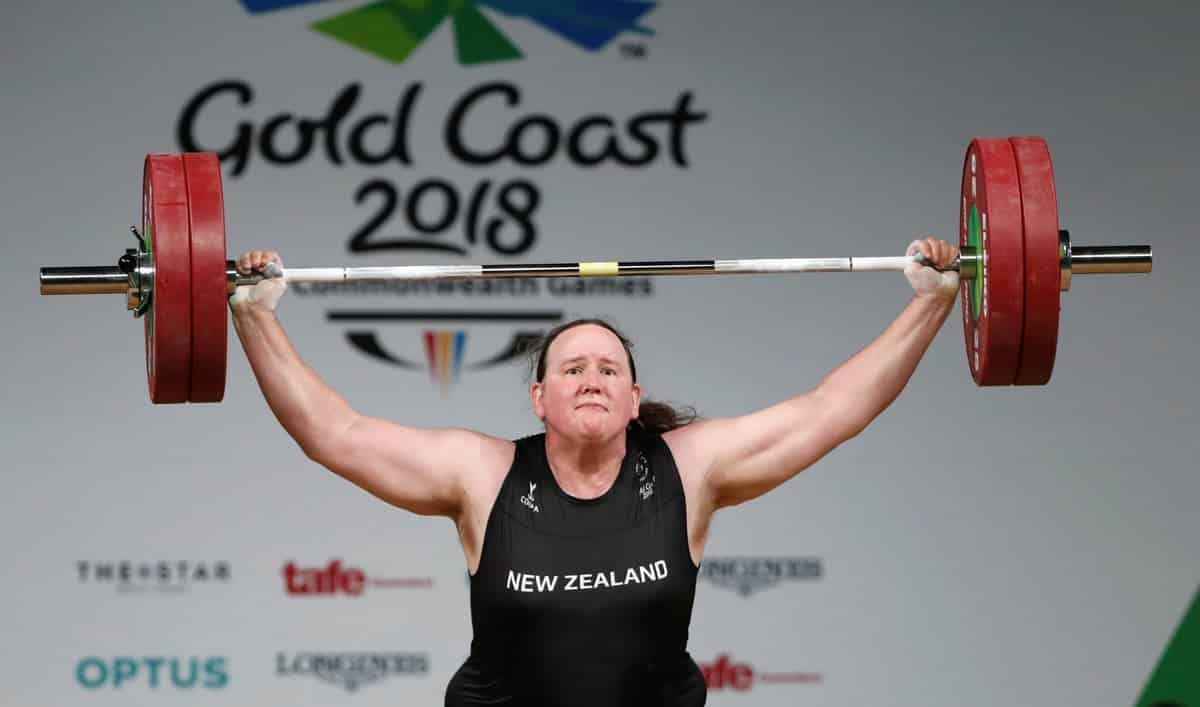On Monday, professor Ross Tucker discussed transgender athletes on BBC airwaves and explained the permanent advantages transgender females (biological males) have over actual females.
“The rules state that the [trans] athlete has to reduce their testosterone level,” the BBC presenter said. “In your view, Ross, is that enough to allow a trans woman to compete in an event like weightlifting?”
“No, it’s not. That’s the short answer,” Tucker responded. “The problem is that there’s an asymmetry where, once testosterone has done its job, and viewers will know what that job is — it’s basically the development of male characteristics which we see so prominently during puberty and adolescence, so we’re talking muscle, bone, decreased body fat, increased heart and lung size — all of which adds up to strength and performance advantages.”
“Once those are laid down by testosterone’s effects you can’t undo them simply by lowering the testosterone level,” he continued. “And there are now ample studies that have demonstrated this. And so, therefore, the conclusion is that even the suppression of testosterone, as is required, leaves behind a considerable residual advantage that then means it’s unfair to cross into the woman’s sport category.”
According to a 2013 study, the effects of testosterone on the accrual of myonuclei is likely permanent. In the study, “Female mice were treated with testosterone propionate for 14 days, inducing a 66% increase in the number of myonuclei and a 77% increase in fibre cross-sectional area. Three weeks after removing the drug, fibre size was decreased to the same level as in sham-treated animals, but the number of nuclei remained elevated for at least 3 months (>10% of the mouse lifespan). At this time, when the myonuclei-rich muscles were exposed to overload-exercise for 6 days, the fibre cross-sectional area increased by 31% while control muscles did not grow significantly.”




